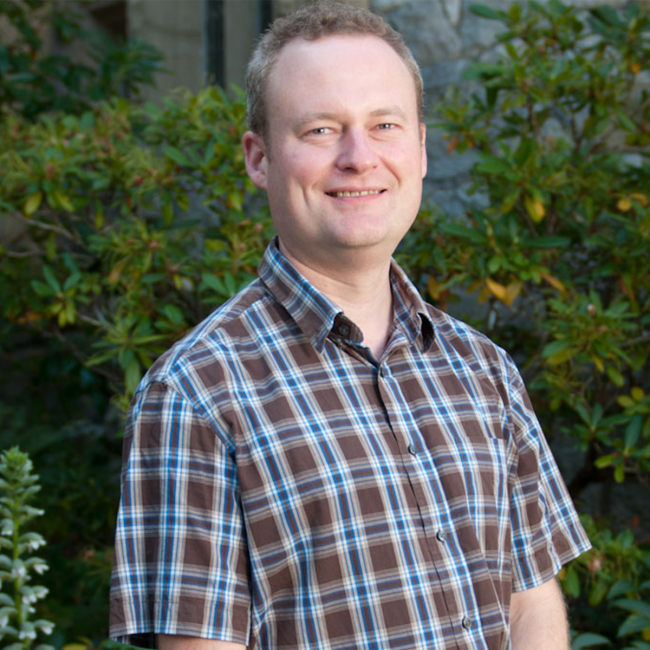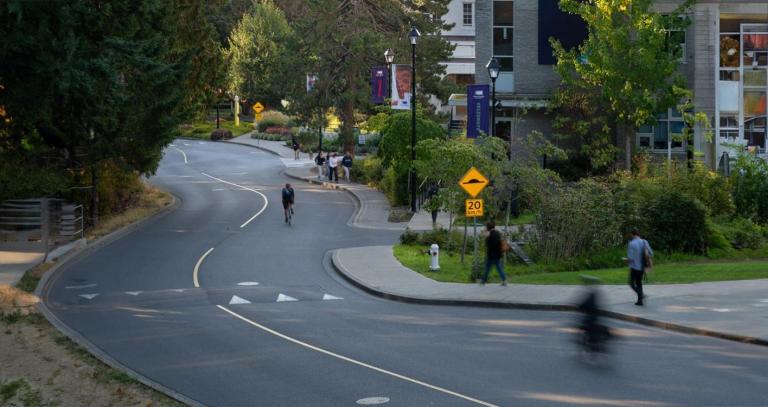Tackle complex global sustainability questions through leading-edge research and on-the-ground practice.
You’re passionate about, and deeply involved in, practical environmental issues.
Earn your degree through a blend of mostly online courses and on-campus residencies, or study entirely on campus.
Advance your skills in environmental management, communication and problem solving to help create a more sustainable world for all.
Delivery options
Choose from a blend of mostly online courses and on-campus residencies, or study entirely on campus.
Completion options
Finish your degree with a thesis, major research project, or by taking an RRU graduate certificate of your choice.
Upcoming offerings
March 09, 2026
Application deadline ℹ
Delivery model
Domestic tuition
International tuition
September 08, 2026
Application deadline ℹ
Delivery model
Domestic tuition
International tuition
Related Schedules
March 08, 2027
Application deadline ℹ
Delivery model
Domestic tuition
International tuition
Related Schedules
Request more information
Combine research with practice to tackle complex environmental challenges
Whether your interest in the environment was ignited through school or in the field, this program will connect you with pressing topics like climate pollution, biodiversity loss, reconciliation, and social and community innovations.
Develop skills in strategic decision-making, teamwork, and tackling policy and technical challenges through systems and sustainability perspectives.
Study the inter-relationships between human, social and ecological systems, and learning about critical management concepts, you'll be ready to lead sustainability initiatives in multiple sectors, from government to industry and more.
The elective difference
This program shares some courses with the related Master of Science in Environment and Management. The difference is in the elective courses that you'll take.
Master of Arts in Environment and Management elective courses include:
- sustainable development, from theory to practice
- legal aspects of environmental management
- economics for decision making
- climate policy and governance
- worldviews, ethics and the environment
- learning theory and environmental program design
- the biosphere and sustainability
- academic writing and critical thinking across disciplines
You may also substitute a course elective from another university, upon approval of the program head and director of the school.
Program outcomes
Solid understanding of policy, practice and communication, as well as skills for working with stakeholders and communities to address global and local environmental and sustainability challenges. Prepare for roles in government, private, public and non-governmental organizations.
Study entirely on-campus or through a mix of online and in-person learning
Online courses with residencies help you balance work and school. Check with your employer about your schedule and time off, as they may be able to support, mentor or sponsor your studies.
Online learning
Online courses include readings, lectures, discussions and assignments. You’re expected to meet deadlines and actively contribute to class learning.
You’ll take one online course at a time for about 10 weeks, with short breaks in between, requiring 10 hours of work per week. The program begins with a required non-credit course on academic integrity.
Residencies
The blended version of this program has two three-week residencies and one two-week residency.
During your residency, you can expect to: attend classes full time (e.g., Monday to Friday from 8 a.m. to 5 p.m.), complete homework and individual and team assignments outside of class hours and take part in extracurricular activities
You can also expect to:
- be intensively engaged in deep dialogue and inquiry
- engage in an innovative project, open space technology and fieldwork
- participate in an integrated social and natural science inquiry
On-campus learning
Study on our beautiful ocean-front campus where you'll experience:
- Team-based learning and coaching to improve team skills
- Participation in an integrated social and natural science inquiry
- Engagement in an innovative project, open space technology and fieldwork
Completion options
You'll complete your degree by writing a thesis, conducting a Major Research Project or through coursework by taking an RRU graduate certificate of your choice.
Option 1: Thesis
Your thesis will address social or public policy issues within the social sciences, humanities or arts. It typically evaluates the ecological, social, political, economic or legal impacts of sustainable development policies or practices.
Many theses use a case study to analyze one or more of these dimensions in a specific environmental issue or crisis, concluding with recommendations for policymakers, program managers and the public.
Option 2: Major project
Through this option, you can collaborate with an organization, community or association to conduct a participatory research project that leads toward positive ecological, social and structural change.
Option 3: Course-based
Complete your degree requirements with an RRU graduate certificate that includes three courses in a variety of areas.
Courses
Faculty

Assistant professor, Canada Research
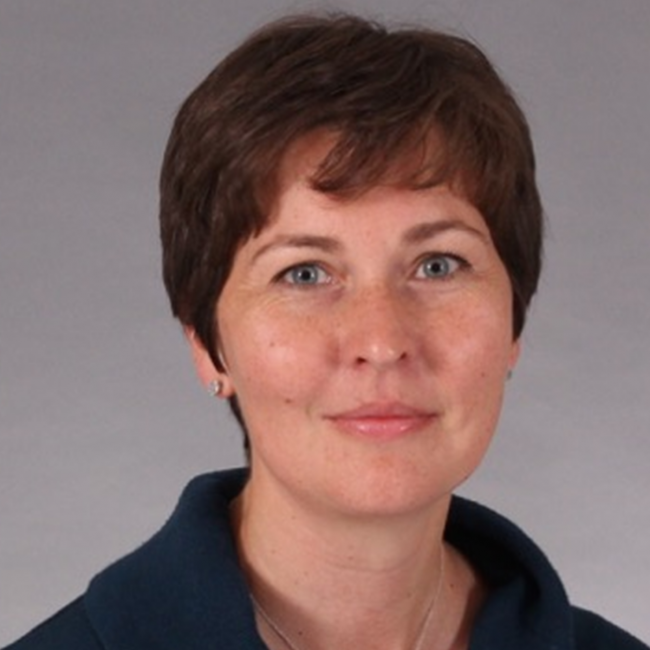
Professor
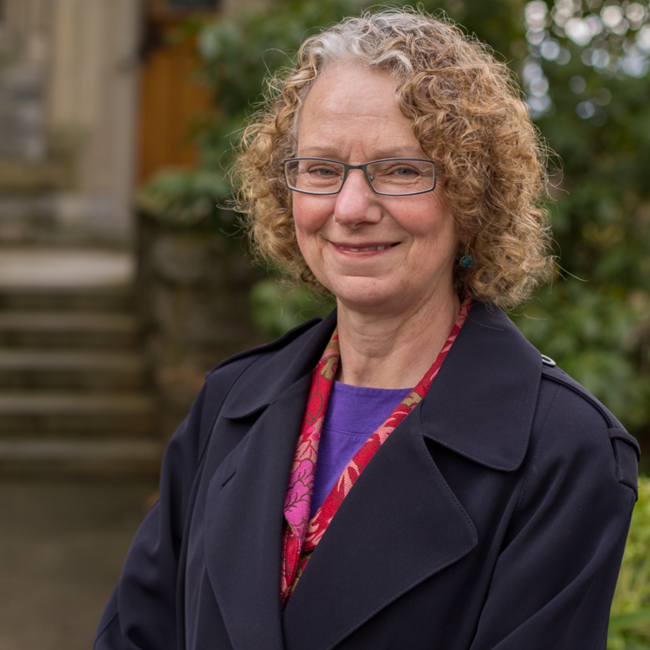
Associate faculty

Associate faculty
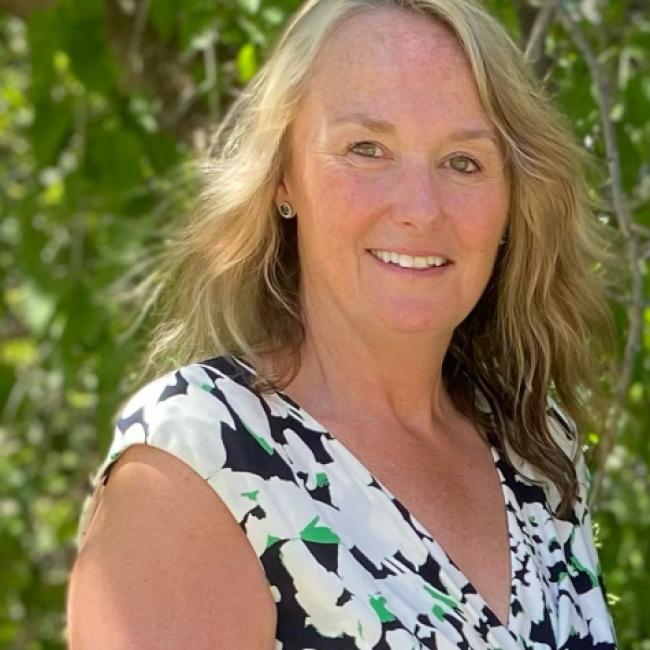
Associate faculty

Associate faculty

Associate faculty

Associate faculty

Associate faculty

Adjunct professor
Transfer agreements
Refine results
Standard admission
- Completion of a four-year (or comparable) undergraduate degree from a recognized post-secondary institution, with a minimum GPA of 'B' (3.00/4.33).
- At least two years of relevant work or volunteer experience.
- Applicants who meet the degree requirement, but not the GPA requirement, will normally be required to complete "Academic Writing and Critical Thinking", with a minimum passing grade, prior to commencing the program.
Flexible admission
Applicants who do not meet the Standard Admission requirements will be considered for flexible admission and assessed as follows:
- Normally, six years of relevant work experience, or an equivalent combination of education and experience.
- Normally, flexible admission applicants will be required to complete "Academic Writing and Critical Thinking", with a minimum passing grade, prior to commencing the program.
English language proficiency
- If English is not your primary language, please review our English language requirements.
Additional recommendations
- Our program is designed to be of most benefit to environmental practitioners who have an interest in, or a responsibility for, leadership and sustainable decision-making. As such, work and volunteer experience are key requirements of admission to the program.
- Students intending to pursue the MSc stream must possess a science-focused undergraduate degree.
- Indication of potential thesis topic and thesis sponsor is beneficial to a candidate’s application.
All applications to this program require submission of the following information and supporting documents before your file can be assessed for admission:
Application form
In order to apply online, you will be required to create a log-in account using your email address. You will be required to list all credit courses and/or programs you have completed or are currently enrolled in. An application fee will be required. If your application fees are being paid by a third party, review sponsored student information. Once submitted, you may check the status of your application at any time.
Missed your application deadline? While we can’t make any guarantees, we may be able to accommodate late applications if there's still space and enough time to process. If you're interested in an intake that is now closed to applications, apply for the next available intake and email Admissions with your preferred start date. Make sure you’re prepared to submit your program's required documents right away. We can't make an admissions decision without them.
Official transcripts
Applicants are responsible for arranging for the submission of official transcripts from ALL post-secondary (higher education) institutions currently or previously attended, for all credit courses and/or programs. Transcripts are not required for non-credit programs or courses, though some programs may require proof of professional certifications or designations.
Transcripts are considered official only if submitted directly by the Registrar or other recognized authority of the providing institution in the institution's original, sealed envelope. If the envelope has been opened, the transcripts are no longer official and new (official) transcripts will be required to complete your application.
All international transcripts or credentials are subject to an international transcript and/or credential evaluation.
Personal statement
Your personal statement should be no less than a one-page letter indicating your motivation for seeking entrance to the program. Your statement should comment upon your personal and career goals, the expectations you have for the program in relation to the achievement of your goals, and the strengths you feel you can bring to the program. While it is not necessary, you can also include potential thesis interests and potential thesis sponsor.
Letters of reference
It is ideal if one reference letter is based on your work experience and the other based on either your academic performance or community service that you have undertaken. However, two work-related references are acceptable in certain cases. There is no set standard for letter of reference format. The length and level of detail in each letter may vary.
Content of the reference letters should illustrate and support your suitability for admission to the Master of Arts/Master of Science in Environment and Management program. Content may include how your referee feels you will succeed in the program (and why) and how the program will benefit you. Indication of demonstrated skills, competencies and aptitudes and other relevant information about which the referee can comment is beneficial. The context in which the referee has come to know you should also be mentioned.
Résumé
Your resume should provide as much information as possible, with special attention given to the past ten years of your career. As a guideline, items in your resume should include:
- Education: List all post secondary education, degrees, diplomas, and certificates you have achieved.
- Training/professional development: List career related training and professional development programs completed within the past five years. Include the source of training, and the duration and year completed. List other training and personal development programs not already identified.
- Work experience: Please include name of organization, position, length of service and brief description of duties.
- Voluntary/unpaid work experience: List and describe any voluntary/unpaid post-secondary employment and/or community service experience. Please include the name of the organization, length of service, and a brief description of duties. List positions you have held in this service.
- Information technology training and experience: Briefly describe your level of training and experience in the use of information technology including computers, software and telecommunications networks as tools for business, education, teaching and personal use.
- Professional memberships/affiliations: List memberships and positions you hold/have held in professional associations, service clubs, community/volunteer sector.
- Other relevant information : Provide any other information which you believe is relevant to your application and will be of assistance to the review committee.
If applicable:
- Applicants declaring permanent resident or Convention Refugee status in Canada, must submit a copy of their Permanent Resident Card (PR card) along with their application.
- Transcript evaluation fee or credential evaluation report, if submitting international transcripts.
- An official English language proficiency score report or other evidence of proficiency if English is not your primary language.
- Other information or documents as may be requested to determine your eligibility.
For information on how and where to send your supporting documents, please refer to the document submission guidelines.
